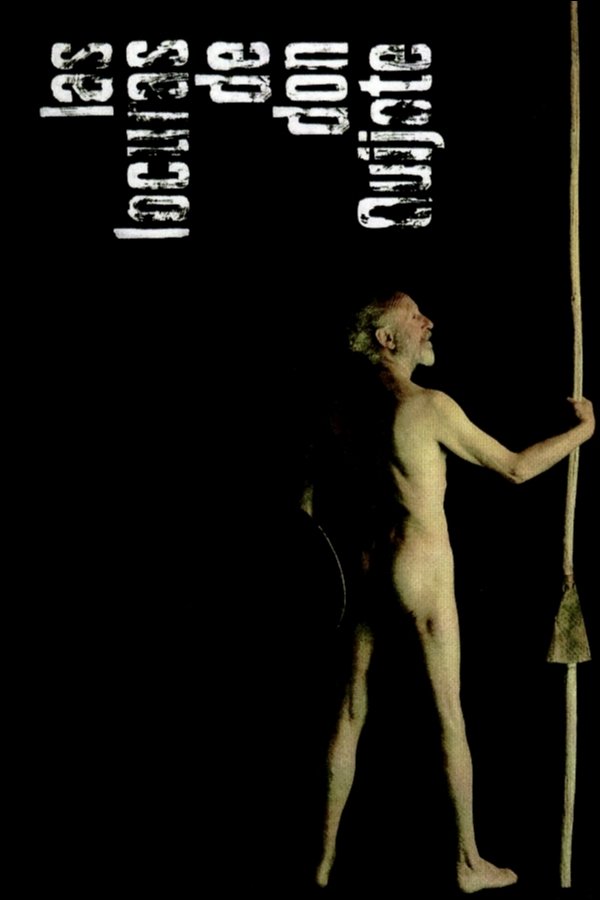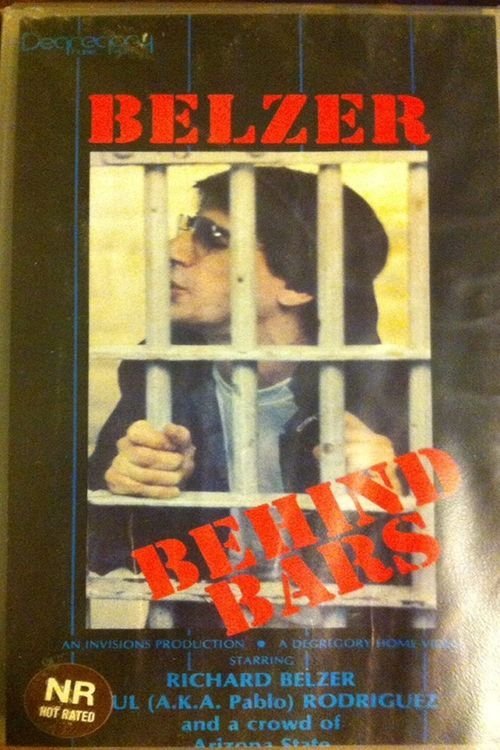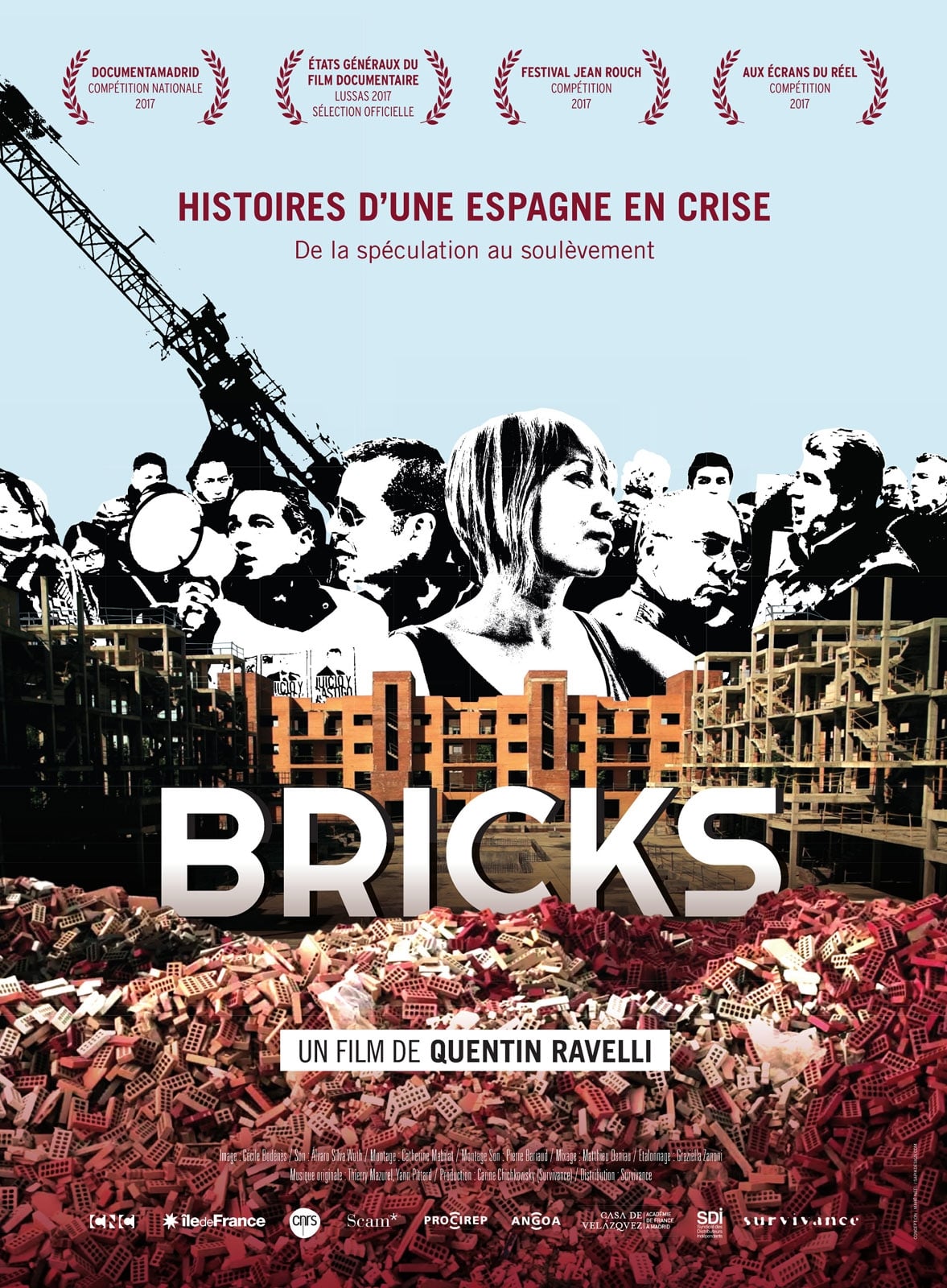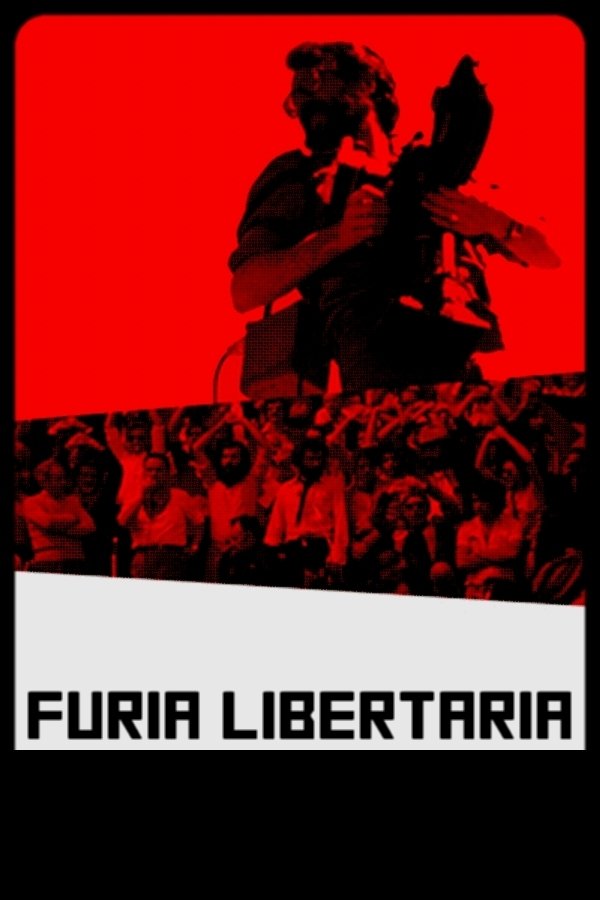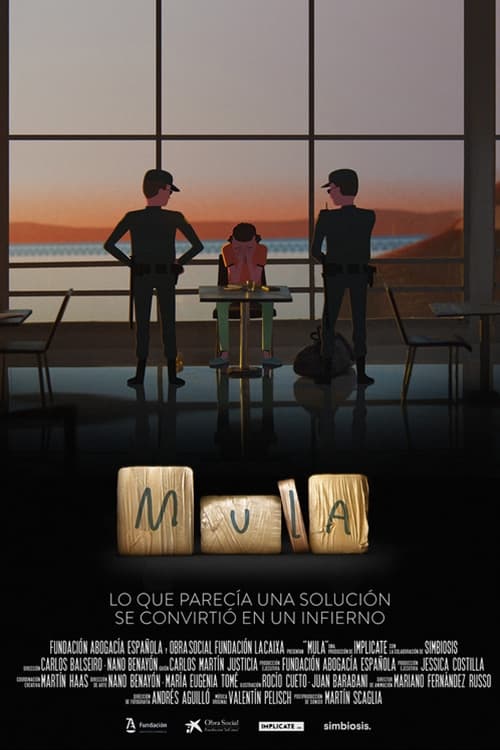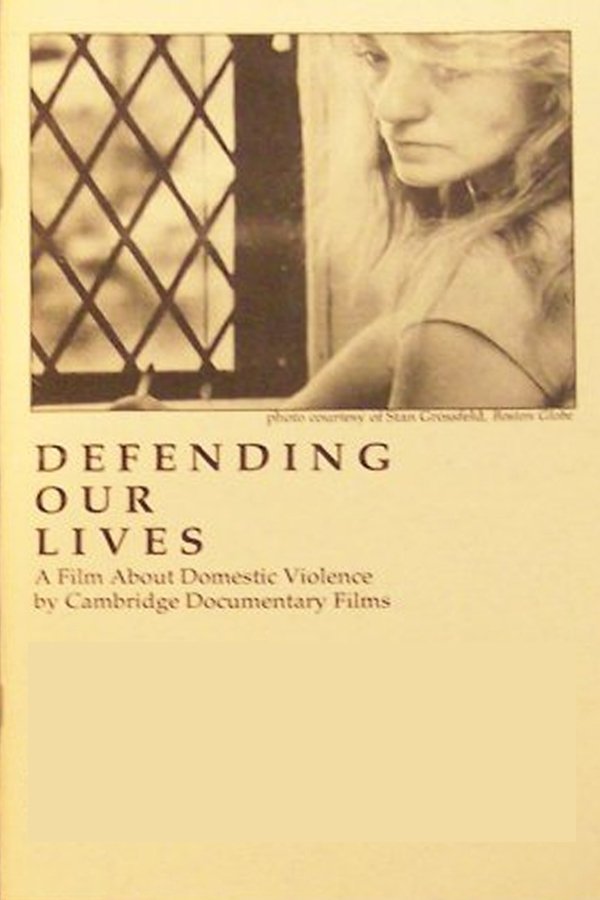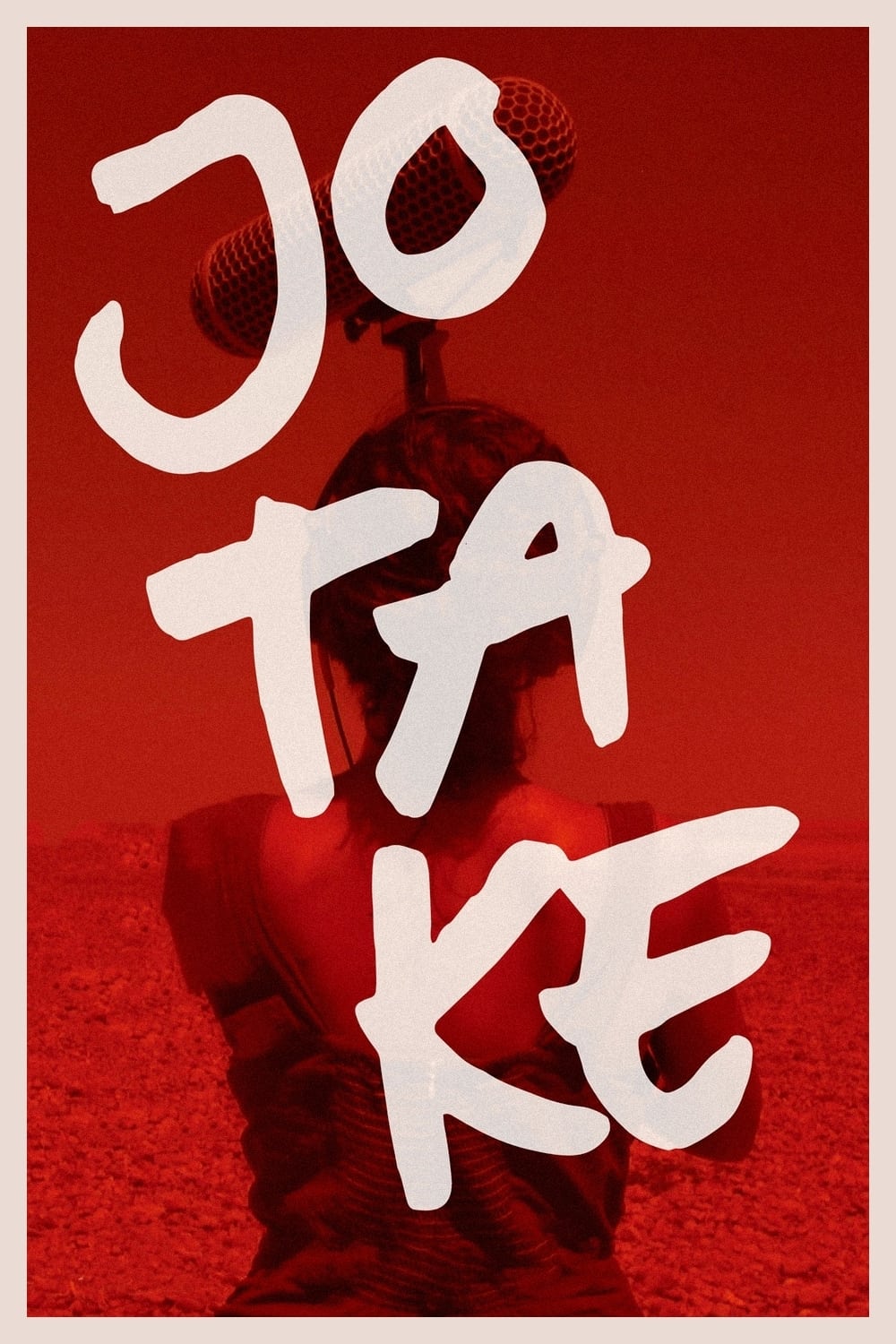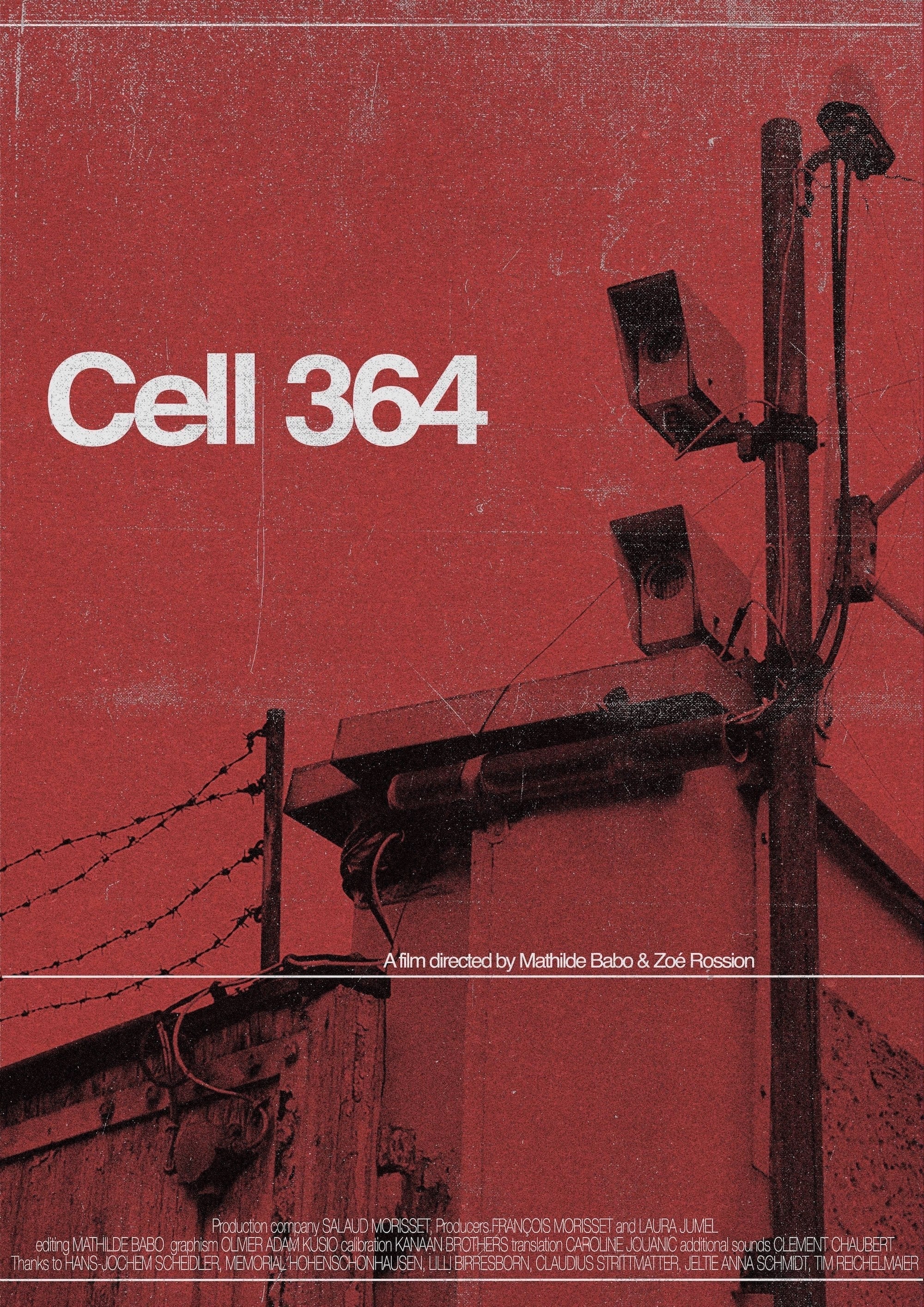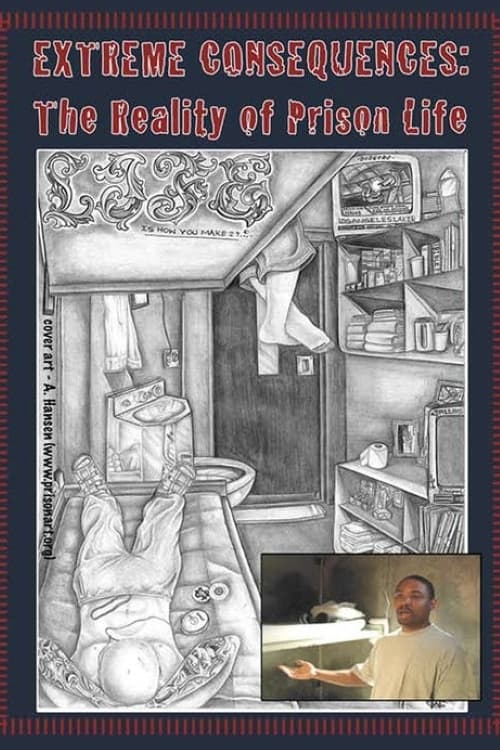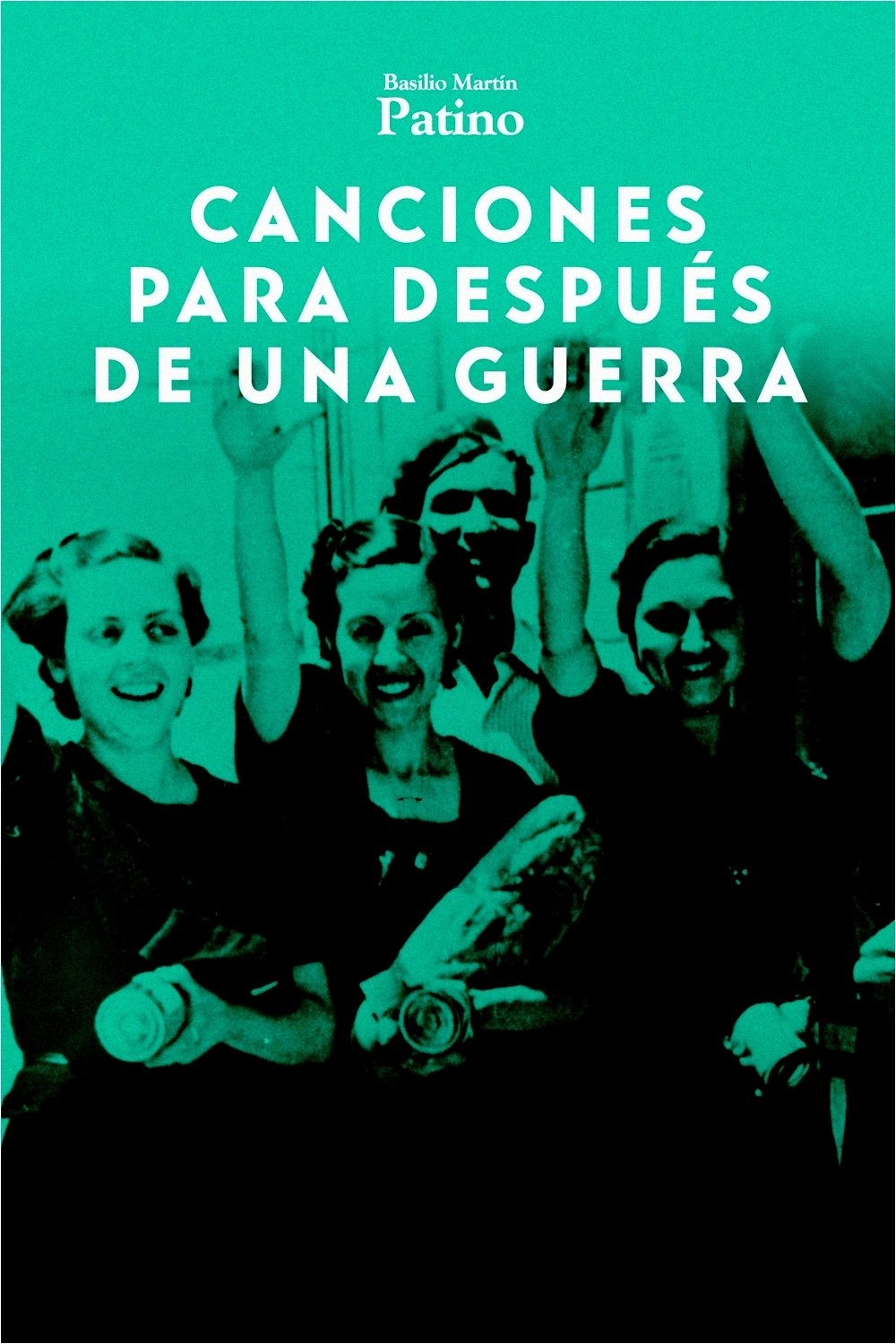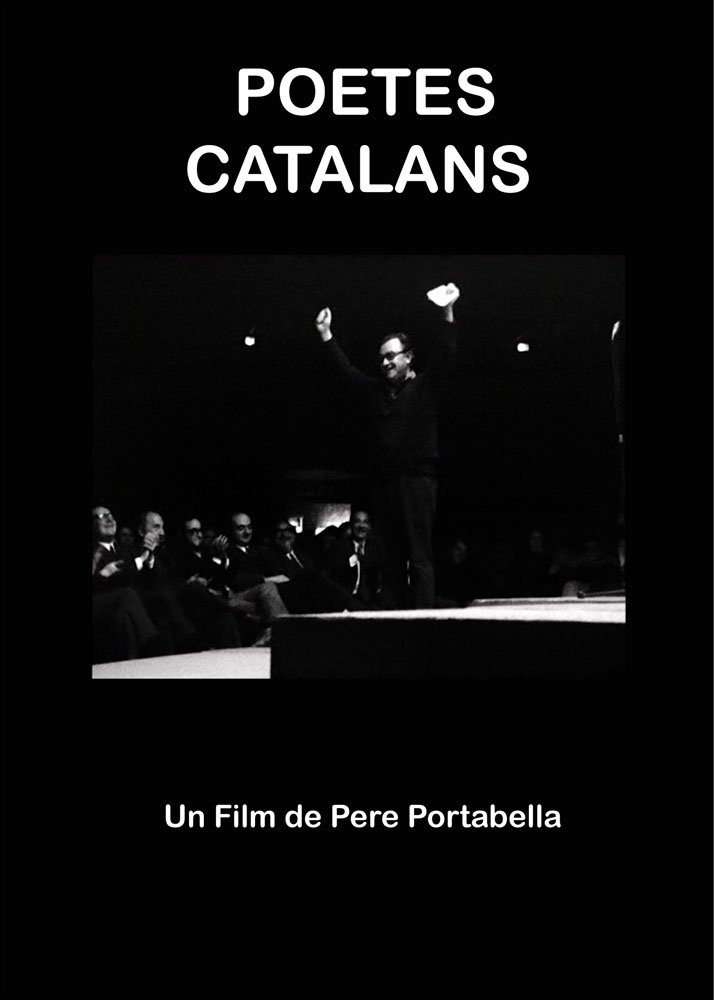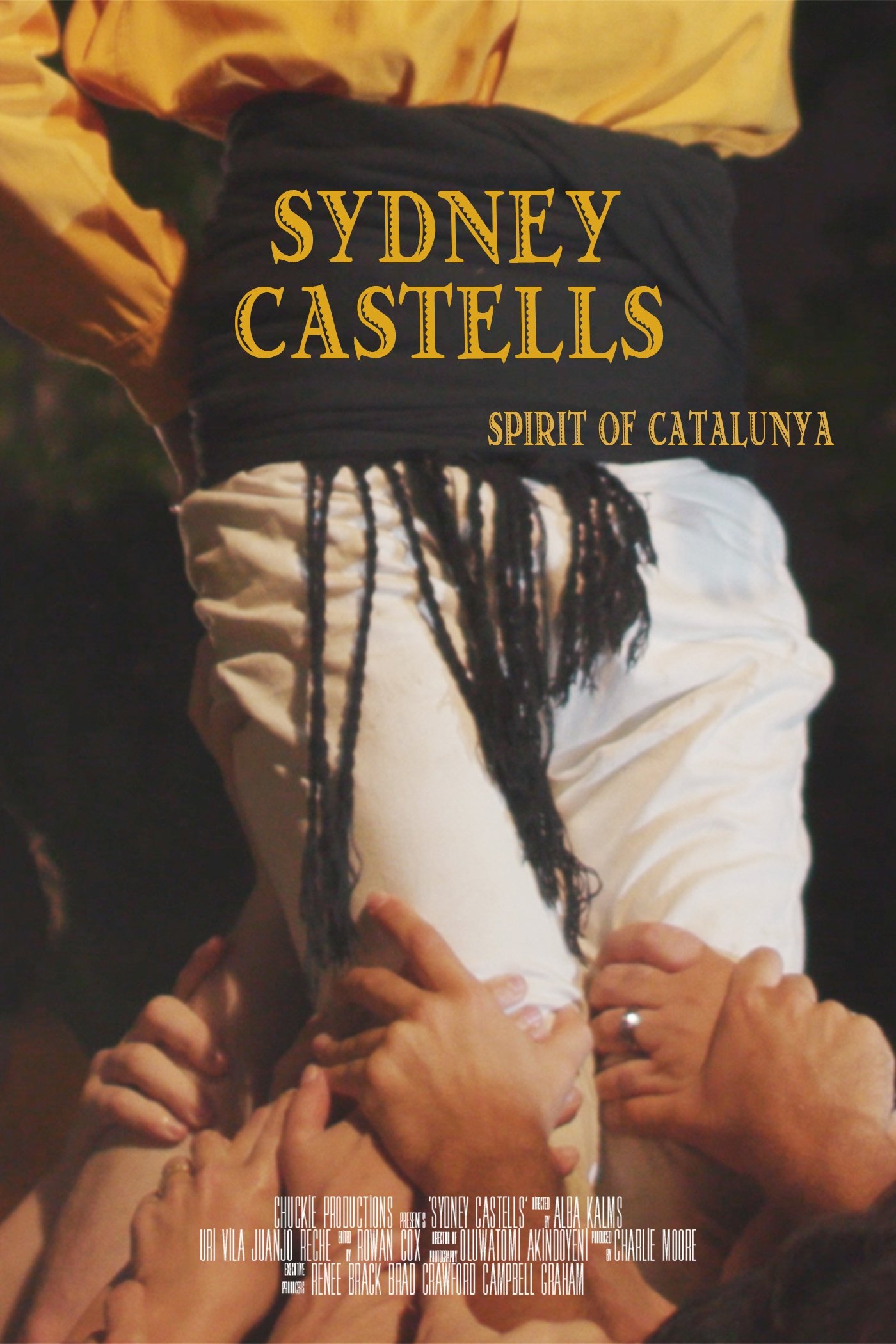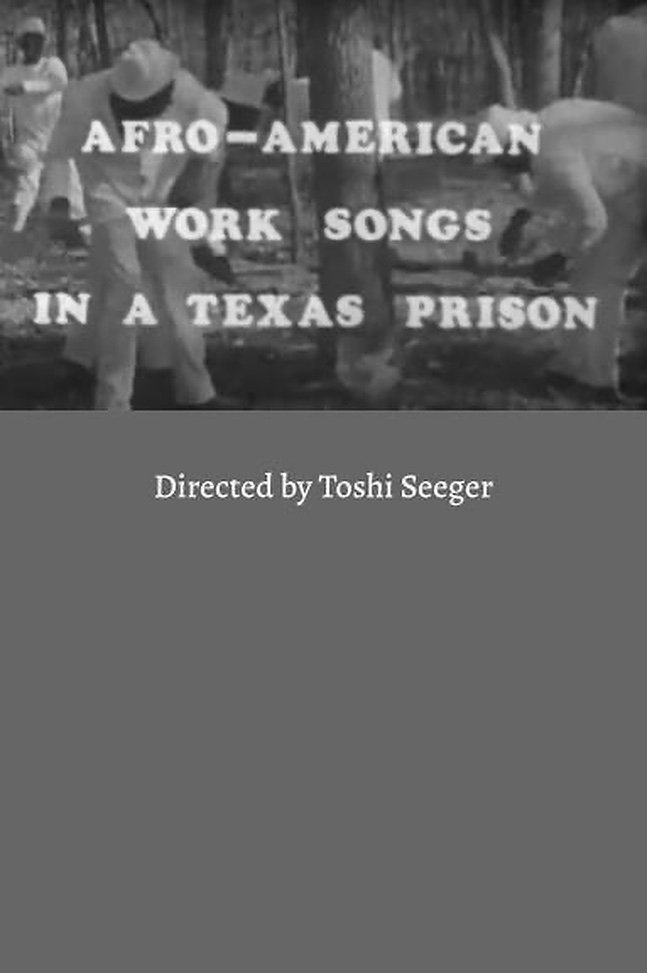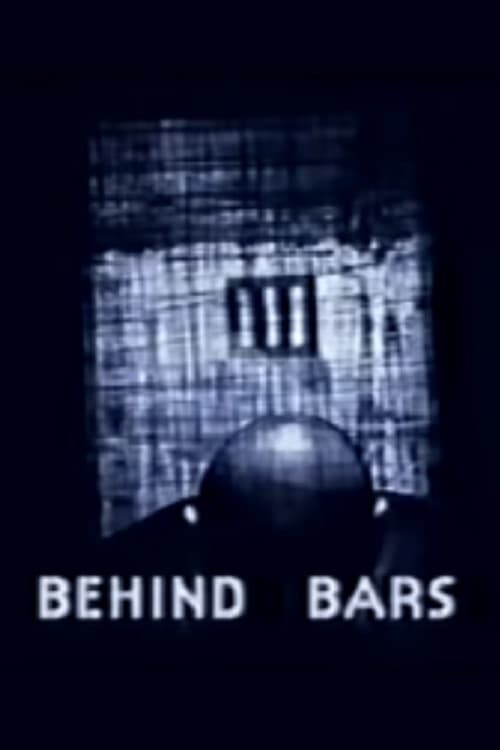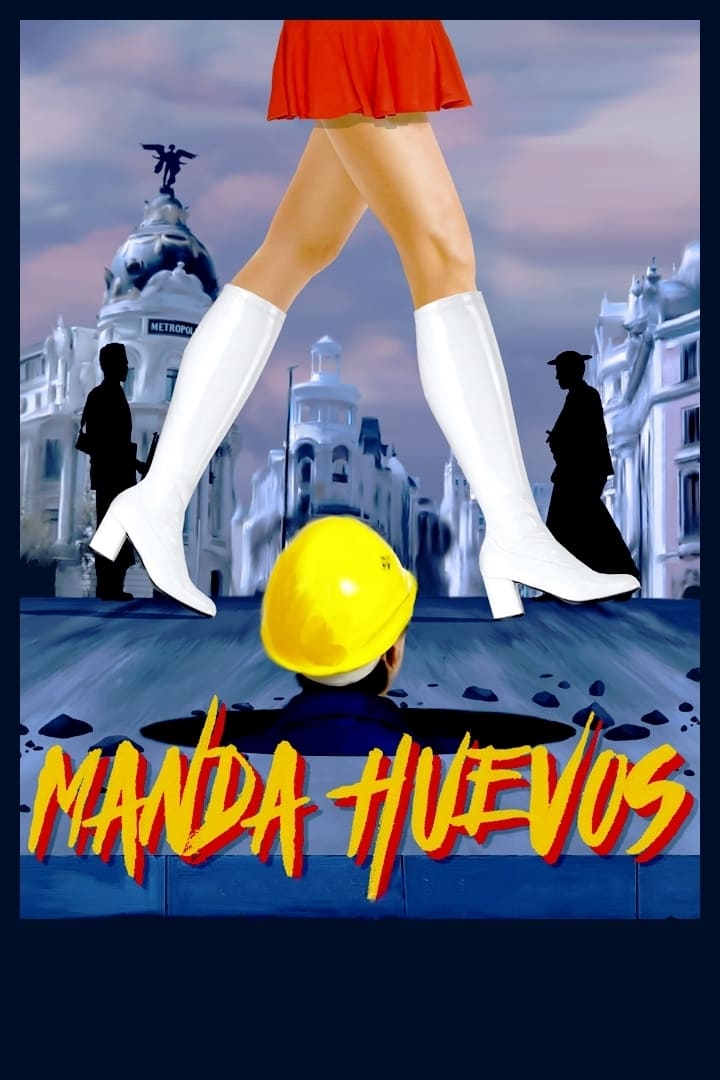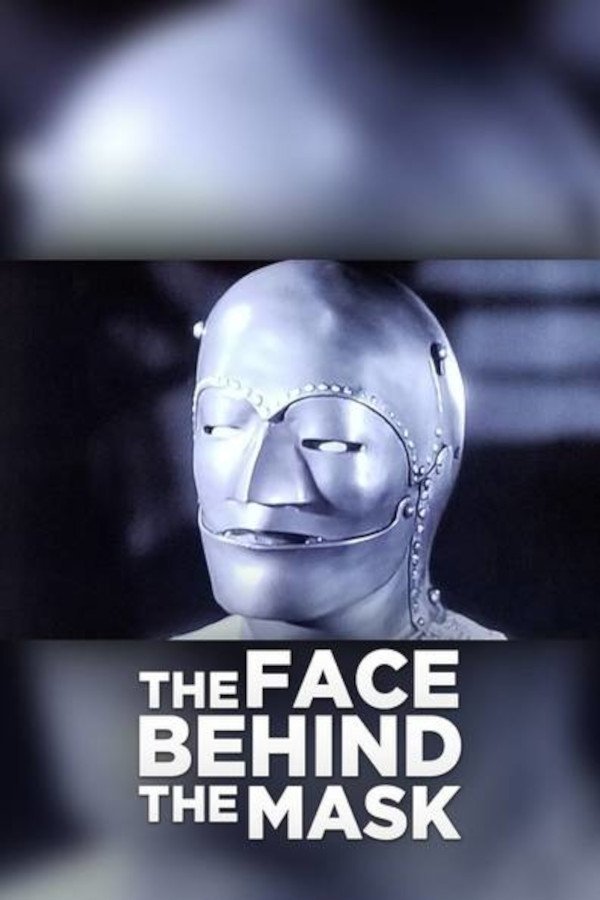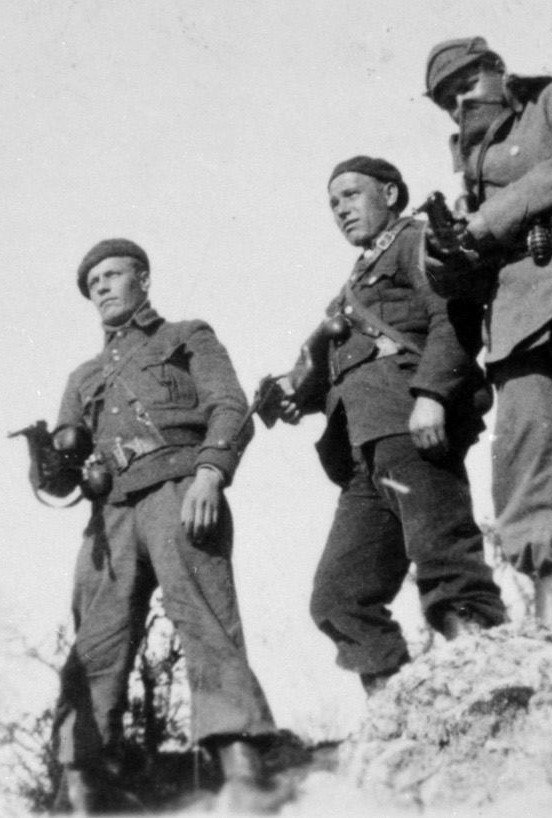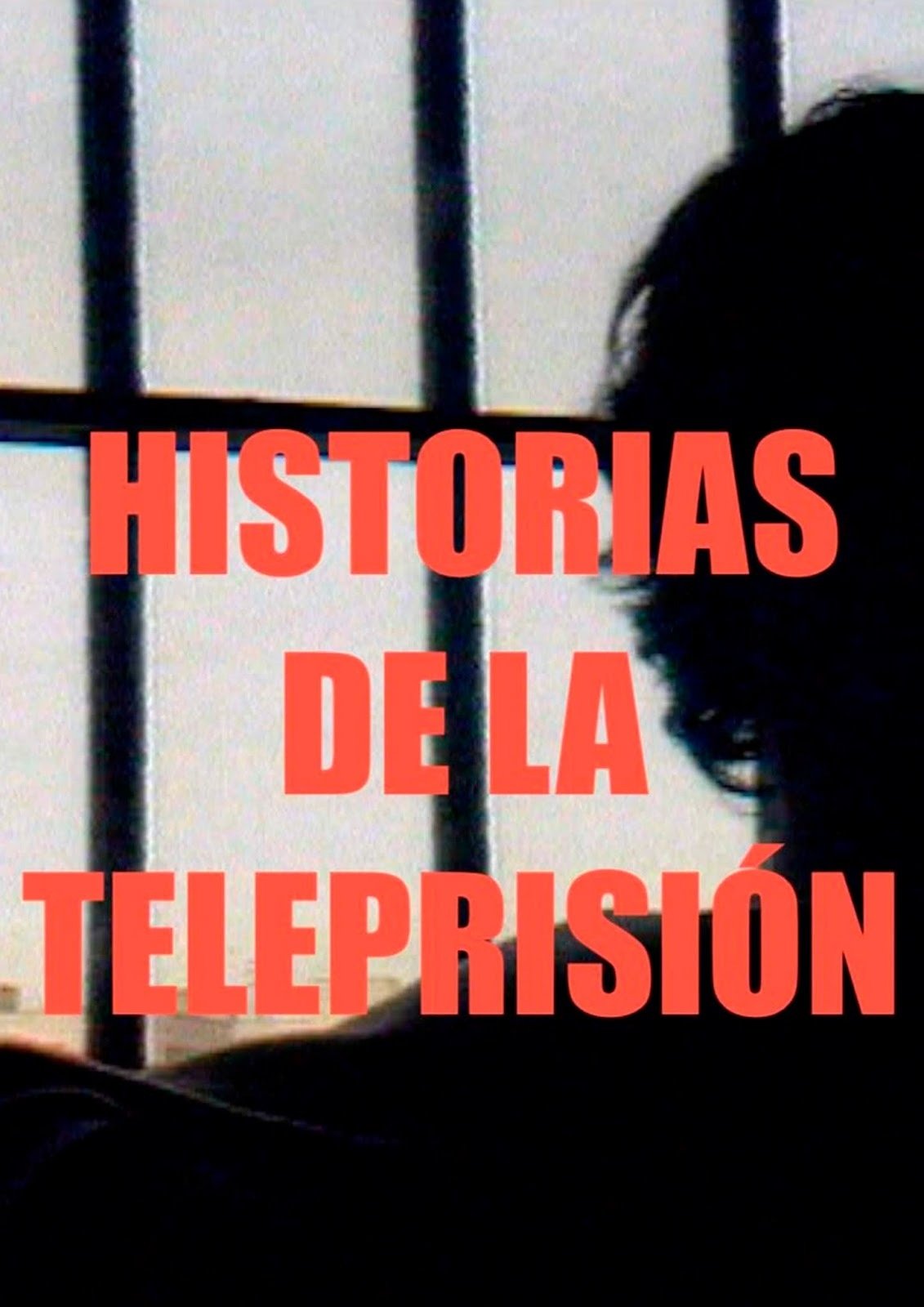
Historias de la Teleprisión (2020)
Overview
Production Companies
Additional Info
| Budget | $0.00 |
|---|---|
| Revenue | $0.00 |
| Original Language | es |
| Popularity | 0.097 |
Directed By
Adolfo Garijo
Crew
Adolfo Garijo
TOP CAST
Similar Movies
Las locuras de don Quijote
An epic journey through Don Quixote's troubled mind, from which five paths to the unknown are opened: to reason, to freedom, to love, to friendship, to adventure; although only three destinations await at the end of an imaginary and audacious existence: the narrative of the adventurous life of Cervantes; the survival of a legendary novel in these heathen times, when the one-armed gentleman is nothing but dust and bones; the memory of the living, writers and scholars, where both the tormented captive and the insane hero, are immortals beings and will be forever.
Belzer Behind Bars
Turn off the alarms and throw away the keys as these two comics set the inmates of Arizona State Prison rolling with laughter.
The Big One
The Big One is an investigative documentary from director Michael Moore who goes around the country asking why big American corporations produce their product abroad where labor is cheaper while so many Americans are unemployed, losing their jobs, and would happily be hired by such companies as Nike.
Bricks
In Spanish, ladrillo means bricks. It used to mean boom, construction, production, speculation. Today, ladrillo means crisis: disused clay pits, factories that are closed half of the year, ghost-towns, subprime mortgagers facing eviction. Bricks shows how the life of a simple commodity can be the mirror of a global crisis, and tells the story of people who come up with individual and collective strategies to overcome a seemingly desperate situation.
Furia libertaria
San Sebastián de los Reyes Bullring, Madrid, Spain, March 27, 1977. In response to the strange political alliances that were taking place between antagonistic forces in search of a self-serving consensus, the anarcho-syndicalist union CNT organizes a rally to denounce the reprehensible machinations of its adversaries. (Documentary shot in 1977; edited and released in 2011).
Defending Our Lives
Documentary about the magnitude and severity of domestic violence. This film features four women imprisoned for killing their batterers and their terrifying personal testimonies. It won an Oscar at the 66th Academy Awards in 1994 for Documentary Short Subject.
Non-Stop
Province of Ciudad Real, Spain, December 29, 1990. During the annual march to the Herrera de la Mancha prison, held in support of the members of the terrorist gang ETA imprisoned there, the Basque rock band Negu Gorriak holds a concert, which is recorded, edited on video and turned into a tool of vindication. Decades later, a film crew tries to elaborate a personal essay around this event and its meaning.
Extreme Consequences: The Reality of Prison Life
A compelling look at the choices that lead to incarceration and the reality of being locked up in Pelican Bay State Prison.
Songs for After a War
A particular reading of the hard years of famine, repression and censorship after the massacre of the Spanish Civil War (1936-39), through popular culture: songs, newspapers and magazines, movies and newsreels.
Standard Operating Procedure
Errol Morris examines the incidents of abuse and torture of suspected terrorists at the hands of U.S. forces at the Abu Ghraib prison.
Catalan Poets
At underground film of the 1st Popular Festival of Catalan Poetry filmed in the Proce Theater in Barcelona on May 25, 1970, in solidarity with political prisoners. The participating poets were: Agustí Bartra, Joan Oliver (Pere IV), Salvador Espriu, Joan Brossa, Francesc Vallverdú and Gabriel Ferrater.
Sydney Castells: Spirit of Catalunya
'Sydney Castells: Spirit of Catalunya' is a documentary exploring Catalan climbing and culture. Bringing light to a relatively unknown community based in Sydney, NSW. Viewing insights into the personal lives of individuals who partake in this thrilling sport.
Afro-American Work Songs in a Texas Prison
Pete and Toshi Seeger, their son Daniel, and folklorist Bruce Jackson visited a Texas prison in Huntsville in March of 1966 and produced this rare document of of work songs by inmates of the Ellis Unit. Worksongs helped African American prisoners survive the grueling work demanded of them. With mechanization and integration, worksongs like these died out shortly after this film was made.
Behind Bars
Documentary about the 1980 New Mexico State Penitentiary Riots in which 33 inmates were killed.
The Condemned
With unprecedented access, this documentary looks into the hidden world of one of Russia's most impenetrable and remote institutions - a maximum security prison exclusively for murderers. Deep inside the land of the gulags, this is the end of the line for some of Russia's most dangerous criminals - 260 men who have collectively killed nearly 800 people. The film delves deep into the mind and soul of some of these prisoners. In brutally frank and uncensored interviews the inmates speak of their crimes, life and death, redemption and remorselessness, insanity and hope. The film tracks them though their unrelenting days over several months, lifting the veil on one of Russia's most secretive subcultures to reveal what happens when a man is locked up in a tiny cell for 23 hours every day, for life. A startling insight into inscrutable minds and the forbidding world they have been condemned to. (Storyville)
Manda huevos
A look at the different masculinities portrayed in Spanish cinema through time. (A sequel to “Barefoot in the Kitchen,” 2013.)
The Face Behind the Mask
This dramatized short film describes the historical mystery of France's "man in the iron mask". King Louis XIV imprisoned a man who was never identified, but who was forced to wear an iron mask for the length of his captivity, which ended only in his death. Several candidates for the identity of the man are investigated.
To My Son in Spain: Finnish Canadians in the Spanish Civil War
This documentary features the story of Jules Paivio, the last living Canadian volunteer of the infamous Mackenzie-Papineau Battallion of the “International Brigades”. When Jules left from his home near Port Arthur (Thunder Bay), Ontario, his father, a famous Finnish poet, wrote a lasting lament: “To My Son In Spain”. In 1936-37, 1700 Canadians volunteered to fight with the Spanish people against a fascist coup d’etat led by elements of the Spanish Army. Backed by Musselini and Hitler, the fascists were bent on overthrowing Spain’s democratically elected socialist government and replacing it with military and church rule. It could be argued this conflict marked the true beginning of what would become World War II.
